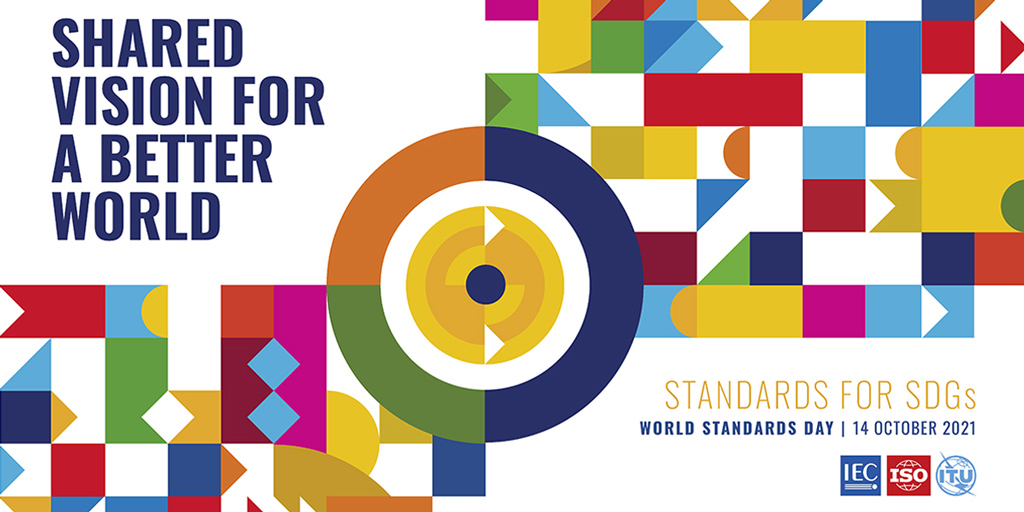Millions of communications each day use standards to enable the work being done in the Canadian health system. And although technical standards may seem to sit quietly in the background, they are essential for ensuring that the right health information gets to the right person at the right time. In turn, they enable health care access and improved health equity and help drive outcomes that matter.
Since 2001, Canada Health Infoway has been developing, publishing and maintaining digital health standards in Canada, including:
- HL7® International messaging standards such as Version 2, Version 3 and FHIR, which allow the reliable exchange of health information between repositories and organizations in Canada
- SNOMED CT, the largest and most comprehensive clinical reference terminology in the world, which has more than 350,000 active concepts including disorders, procedures, organisms and events
- pCLOCD/LOINC, which are used by labs across the country to codify and communicate vital laboratory and other test values to repositories where they can be viewed by providers
- pan-Canadian subsets, which list the most commonly used concepts and codes in Canadian health care such as vaccine codes, allergen codes, health concern codes, and provider type codes
These and many other standards released by Canada Health Infoway provide the technical nuts and bolts that drive interoperability in Canadian health care. These standards enable a clinician’s electronic medical record system to communicate with a provincial immunization repository, and they are what allow your doctors and nurses in the emergency room to obtain health information that is vital to the continuity of your health care.
Standards serve as a baseline from which we can measure, and as a guide by which we navigate. Most importantly, standards serve to unite diverse people around modern values, beliefs and scientific achievements and, in doing so, allow us to create safe spaces for us to honour important differences and express ourselves freely. As this year’s World Standards theme suggests, standards are our shared vision for a better world.
Join us in celebrating World Standards Day today and don’t forget to contact our standards team with any questions you might have about the technical standards that support Canadian health care. Most of all, be sure to help us contribute to the development of standards through one or more of Infoway’s communities and working groups, which you can access through InfoCentral.
Have a comment about this post? We’d love to hear from you.






